Thailand
Report on Integration of HVWSHE Teaching-Learning Materials in Thailand: Assessment of country experiences
To preserve energy consumption and environmental conservation by integrated in school ’s curriculum and instruction, OBEC, Thailand.
by Orathai Moolkum
Case Study; Krabi Educational
Service Area Office, OBEC, Thailand.
by Sukdee Tangsongsawat
Direct Consumption

Computer Lab
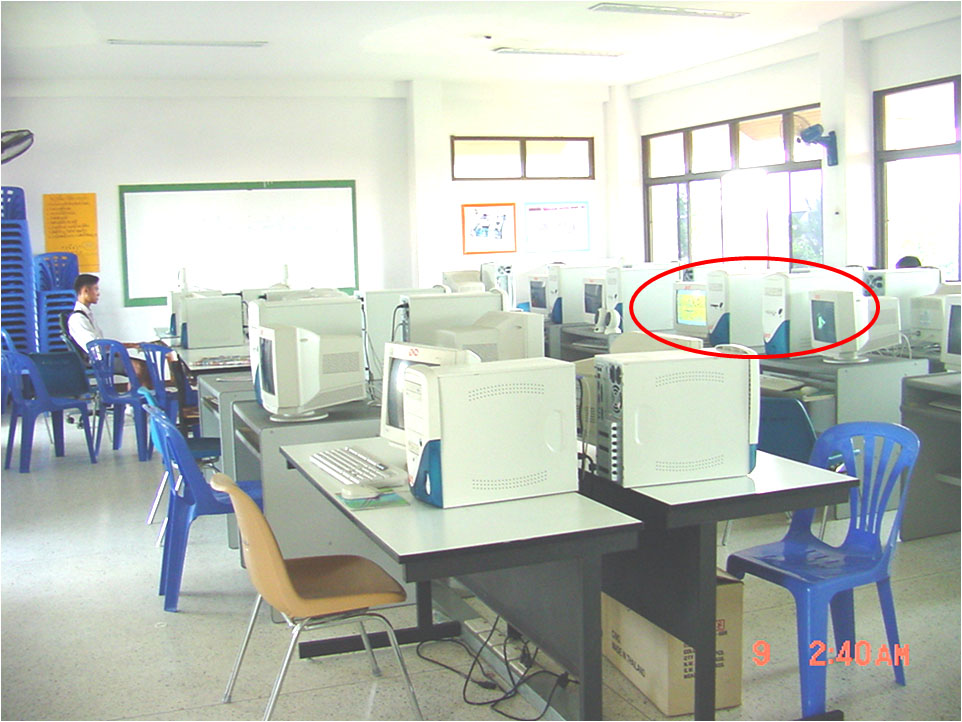
In school toilet
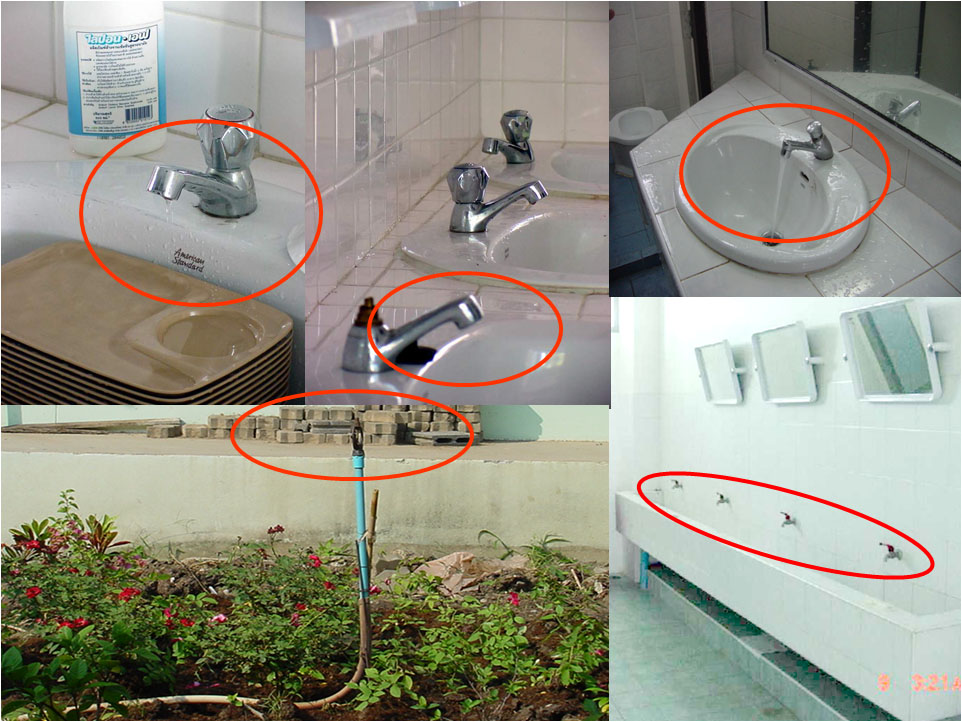
Rules can’t raise awareness
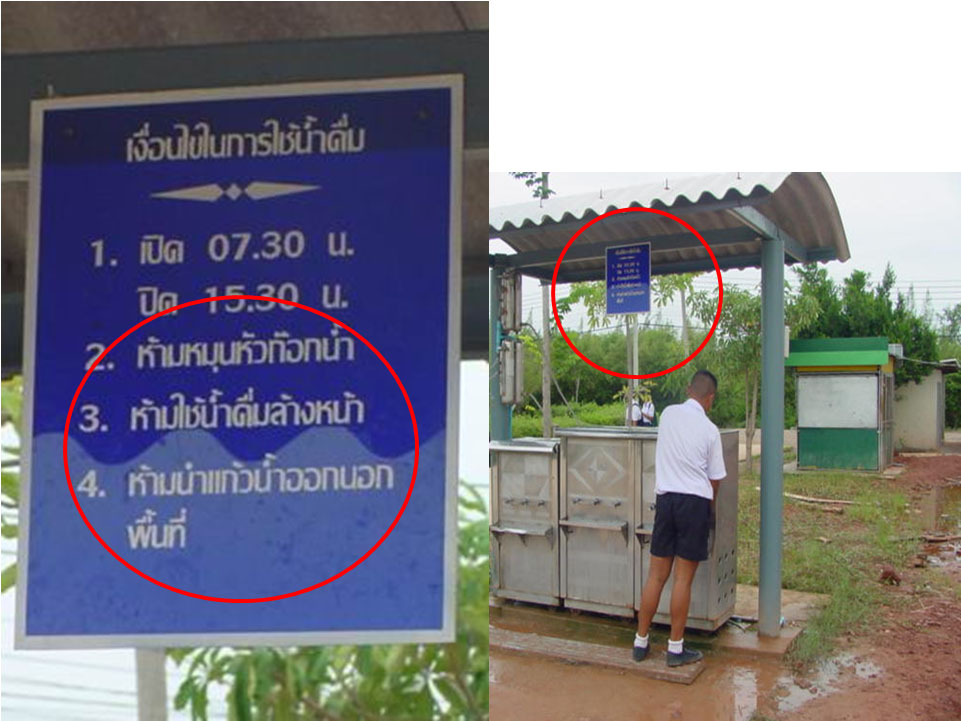
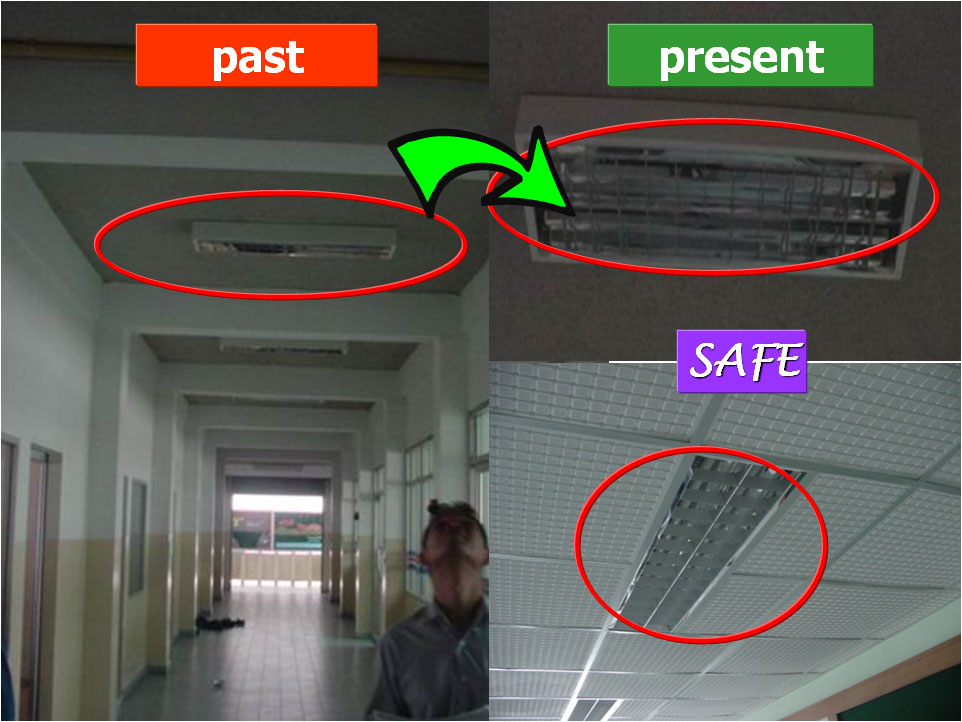
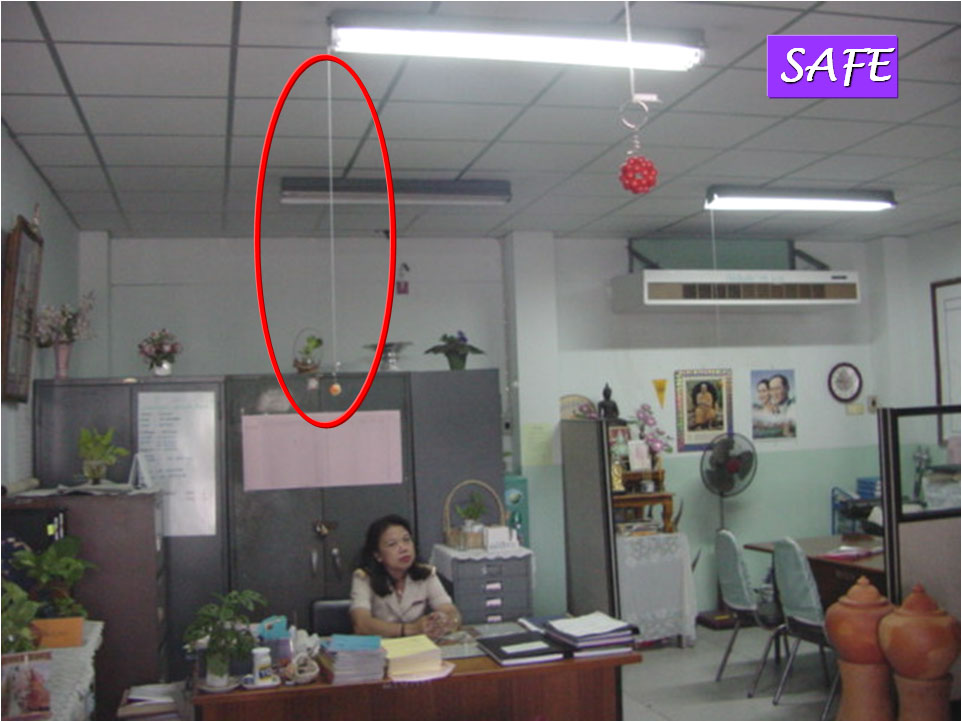
Indirect Consumption; Economic sufficiency
“Think before doing”


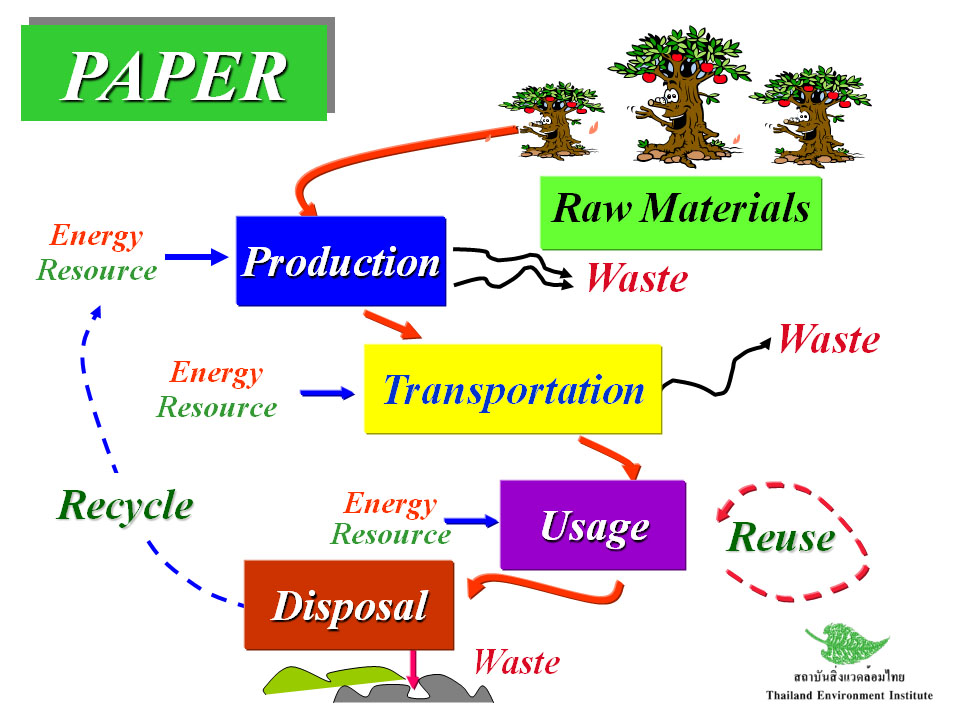
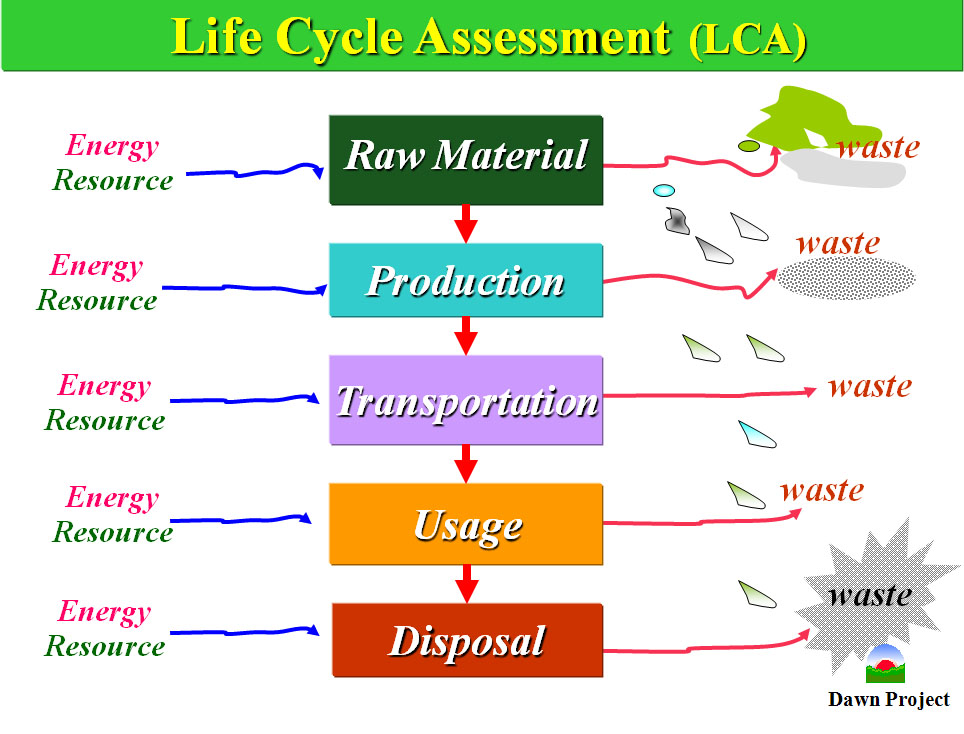
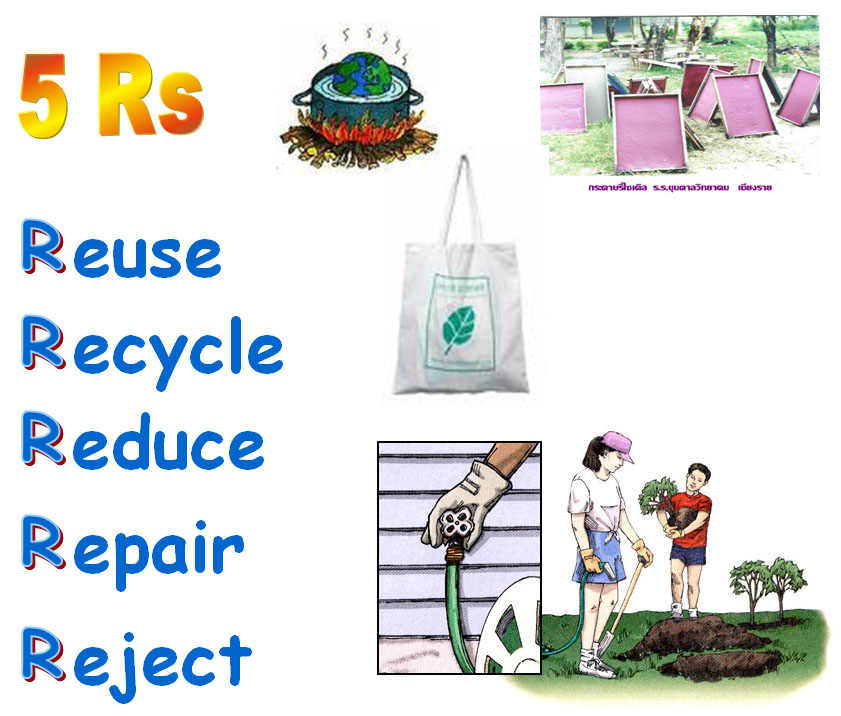
NOT Safe
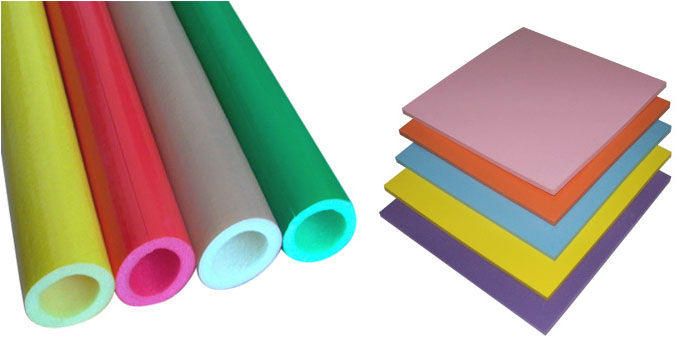


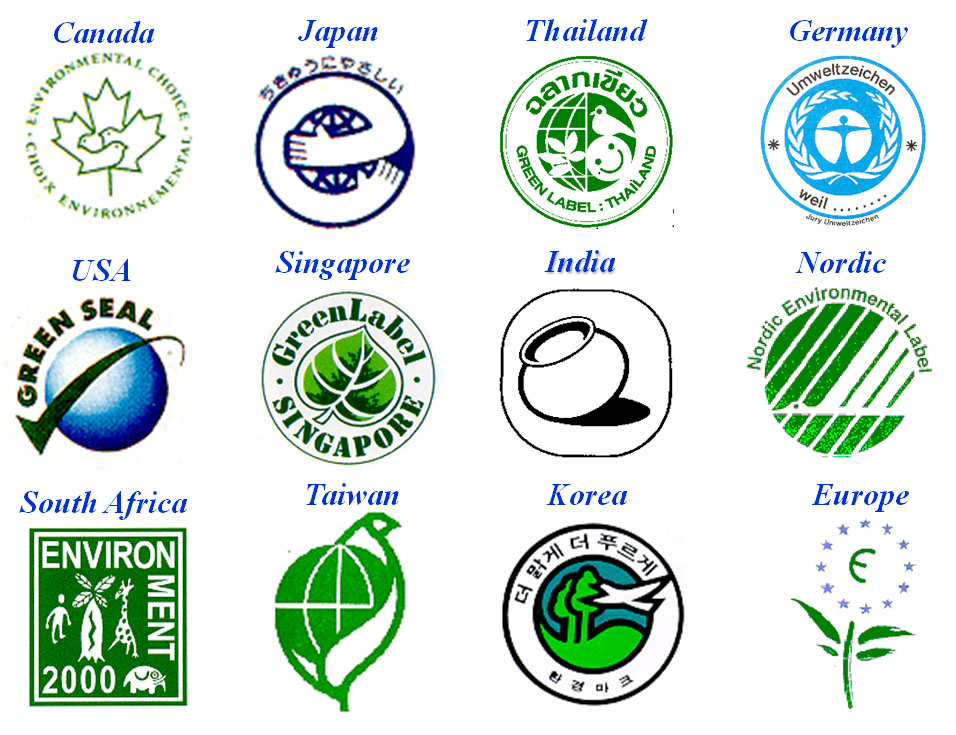
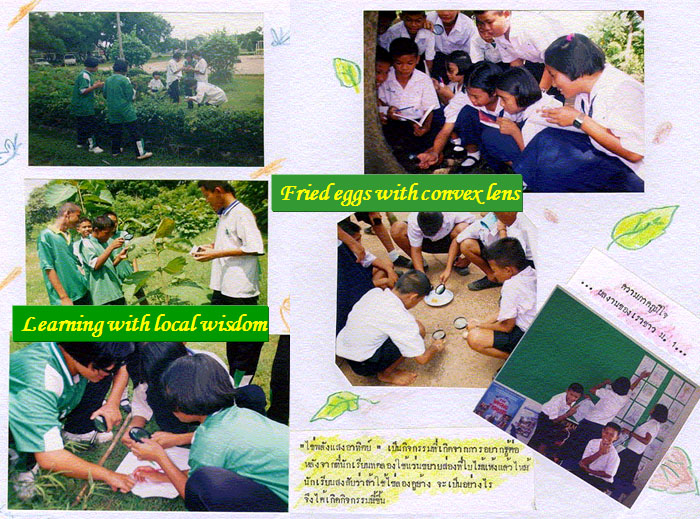

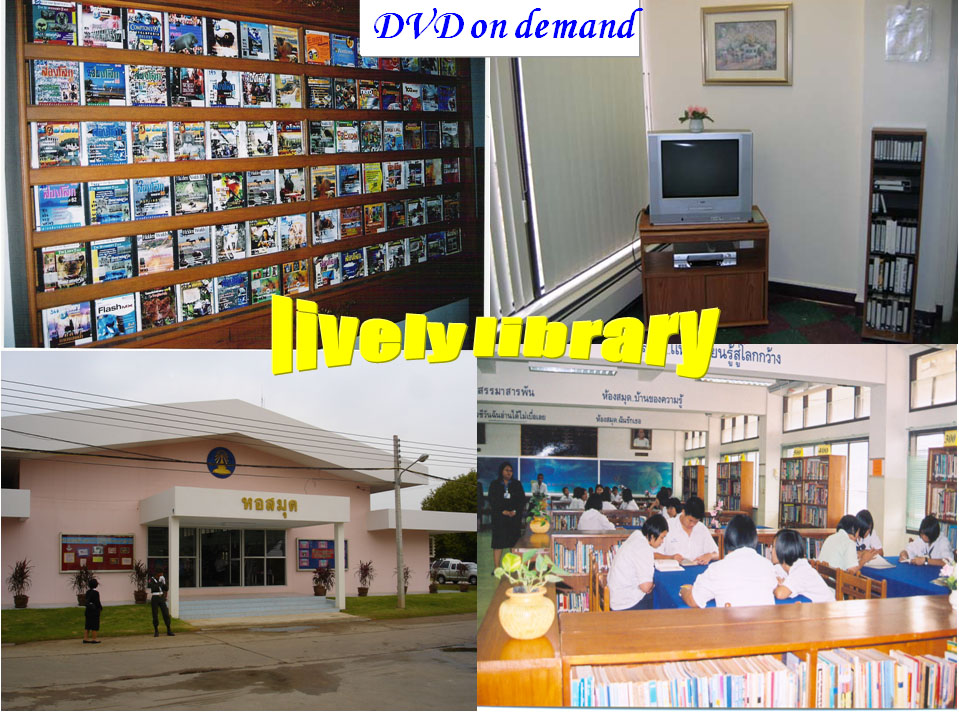
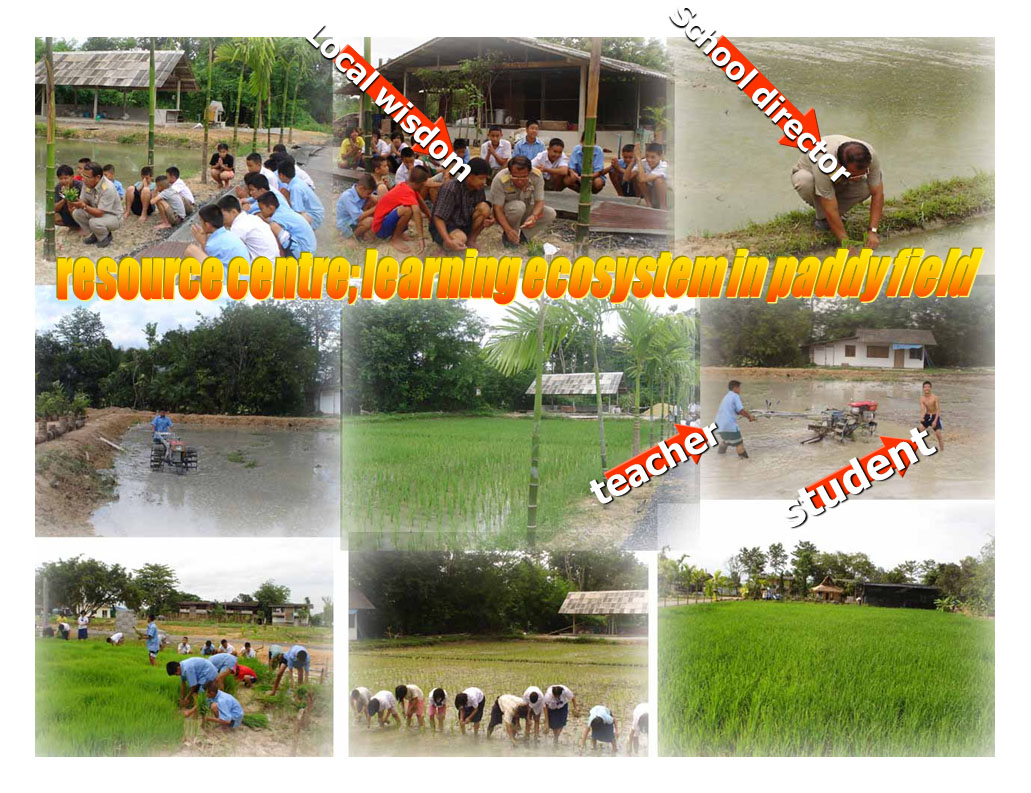

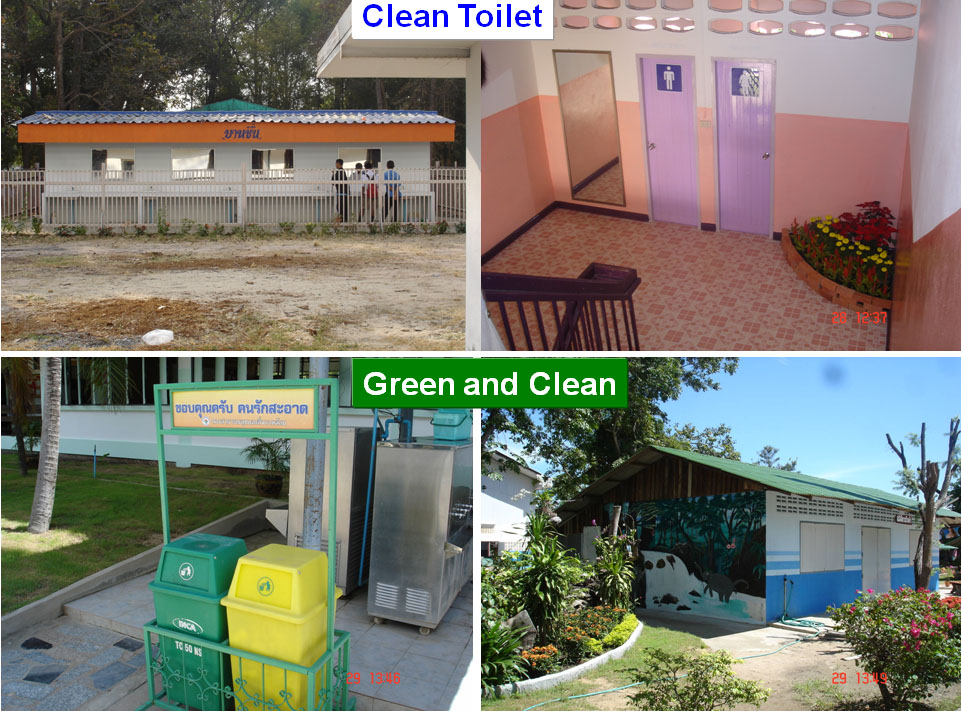
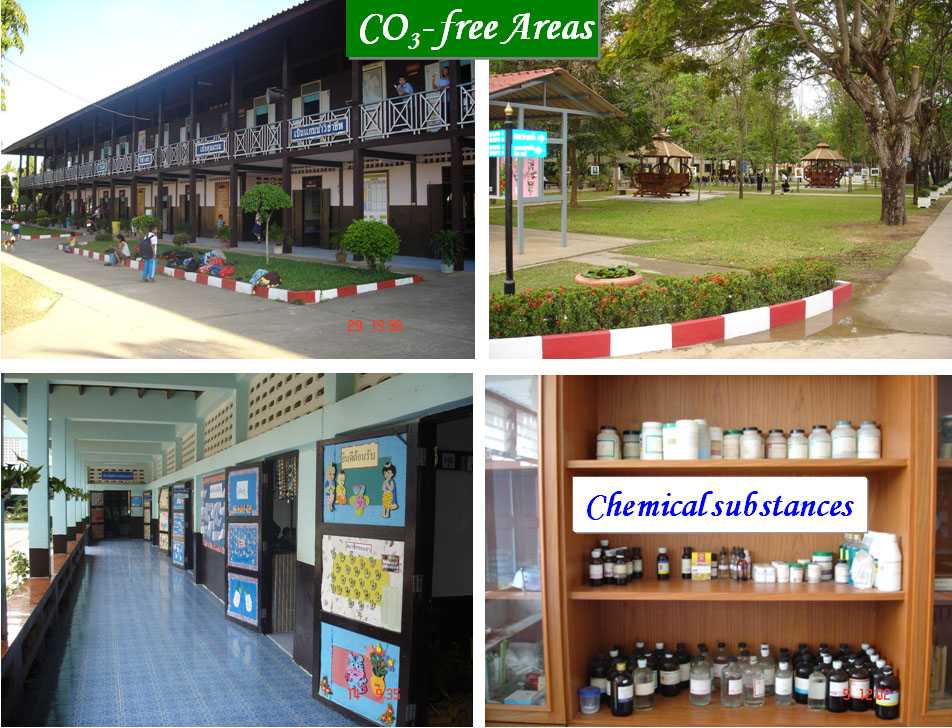
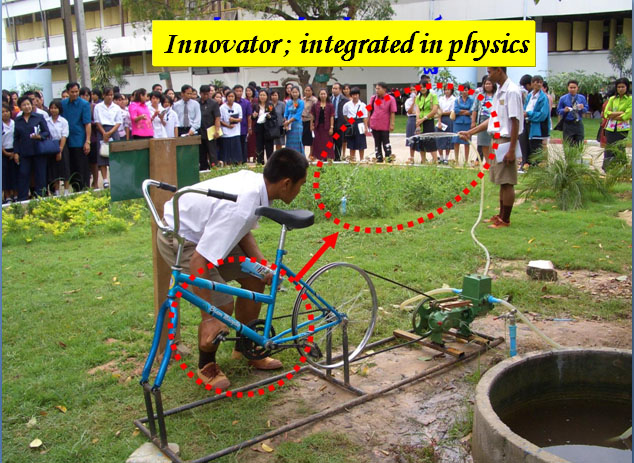

Human Values-based Water,
Sanitation, and Hygiene Education
Case Study;
Krabi Educational Service Area Office, OBEC, Thailand
Presented by Ms.Sukdee
28 – 30 April 2008, SEAMEO INNOTECH
Human Values-based Water, Sanitation and Hygiene Education Workshop
Nature is the wonderful resource
for all creatures; to take good care
of nature is our duty.
Purposes
Preparation
Possibility analysis;
- Equity area (all districts)
- Schools under Child Friendly School Project
- Nature resources (pond, waterfalls, sea, forest,
cave, stream, mountain, mangrove)
- Teachers
- Budget
- Duration
Documents;
- Thai version of survey questionnaire
- Knowledge body of water Education
- Guidelines for learning management
- Assessment
Content:
Water and Environment
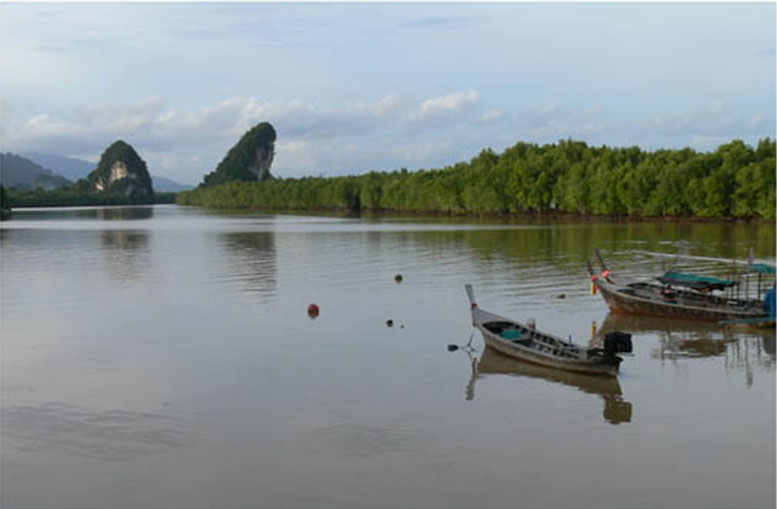
Water, society, human dignity

Water for Health, Recreation
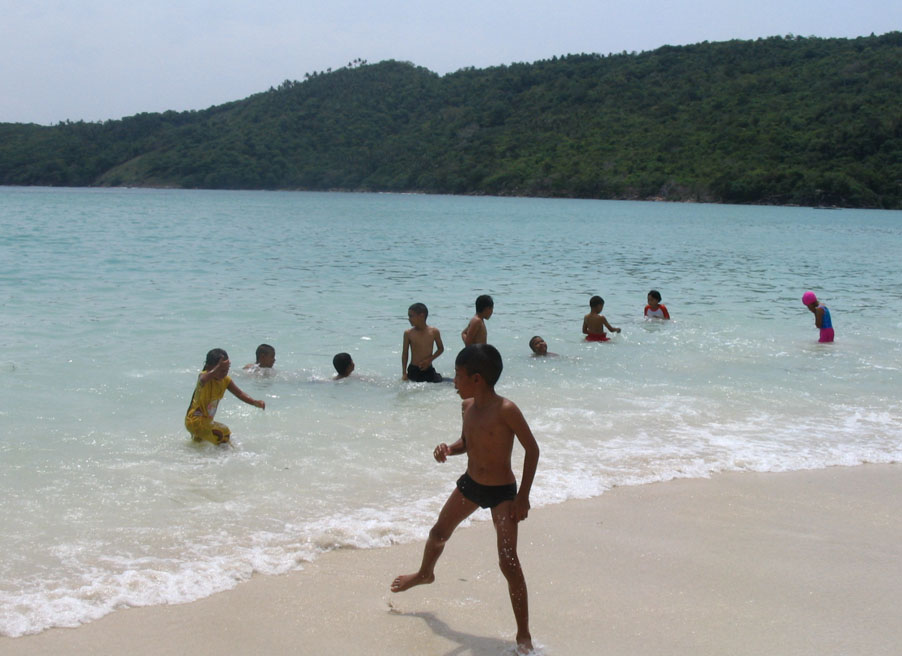
Water in Culture, Religions
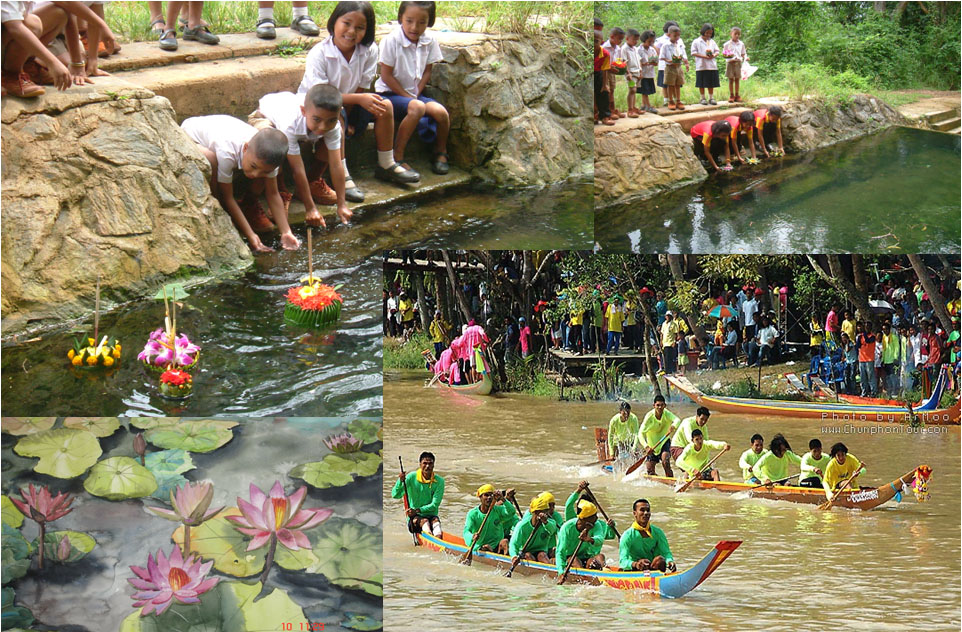
Procedures
to 19 voluntary teachers in
14 pilot schools
30-31 May 2007
2. Develop learning package;
integrated lesson plans,
materials, assessment.
8-9 June 2007
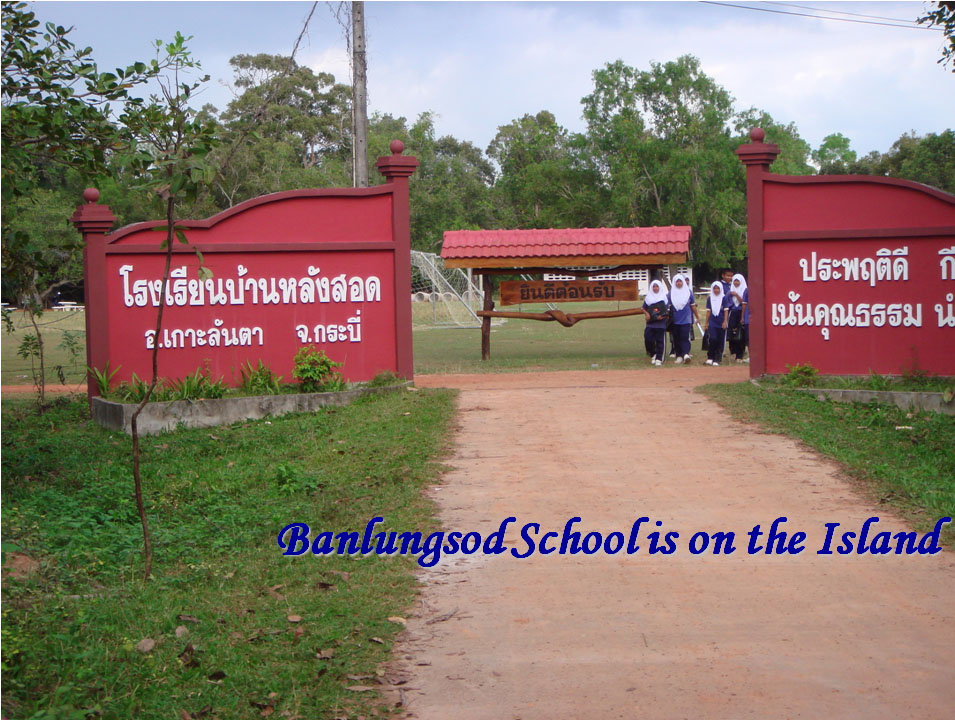
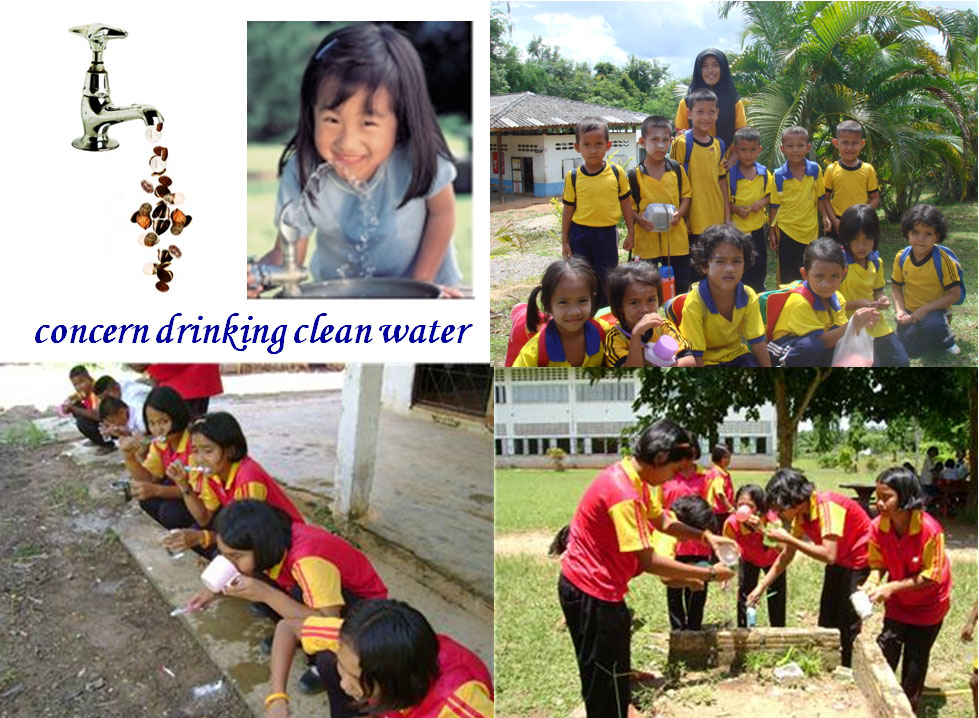

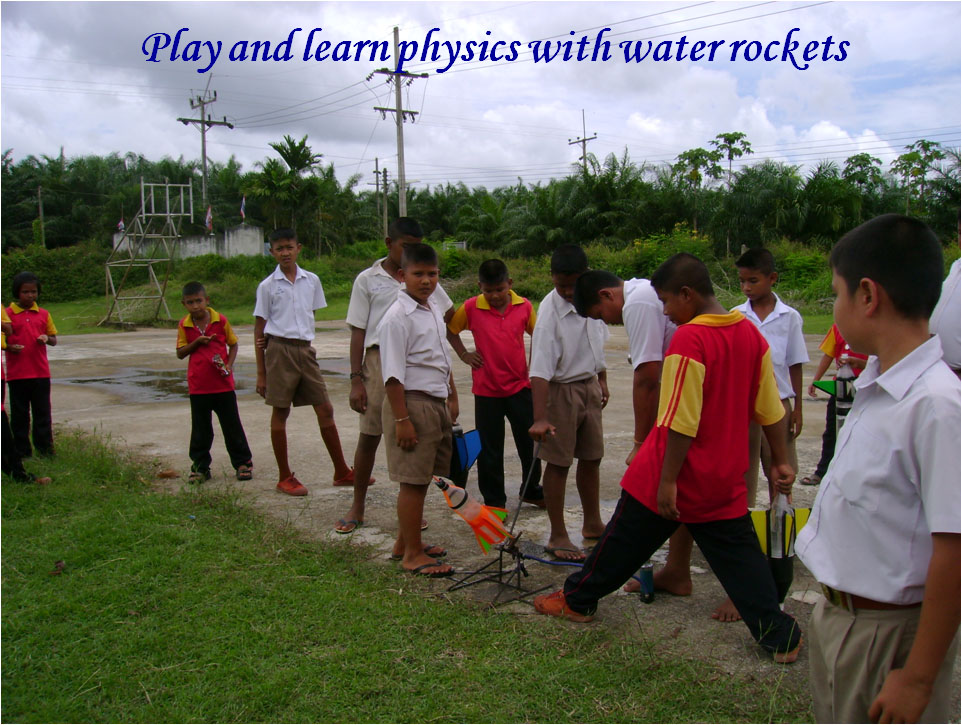
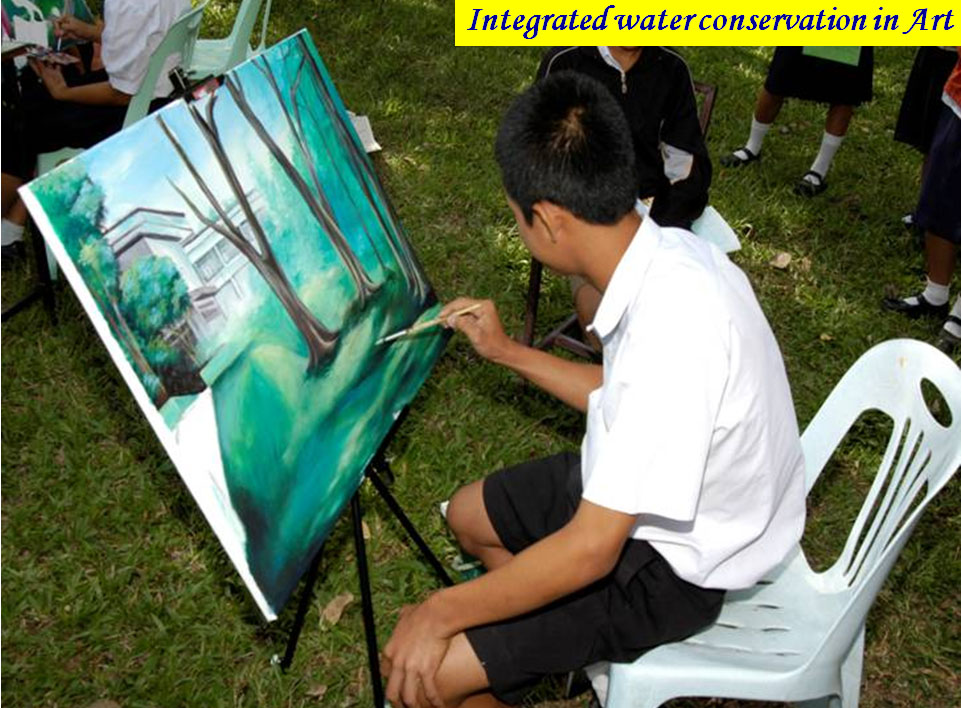
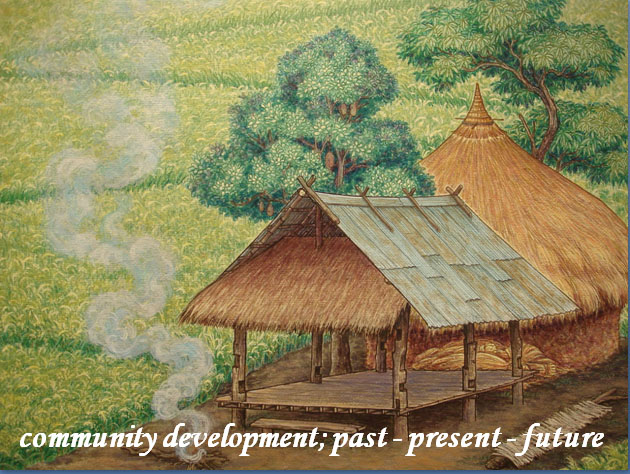
3. Learners in the natural classroom
June – October 2007
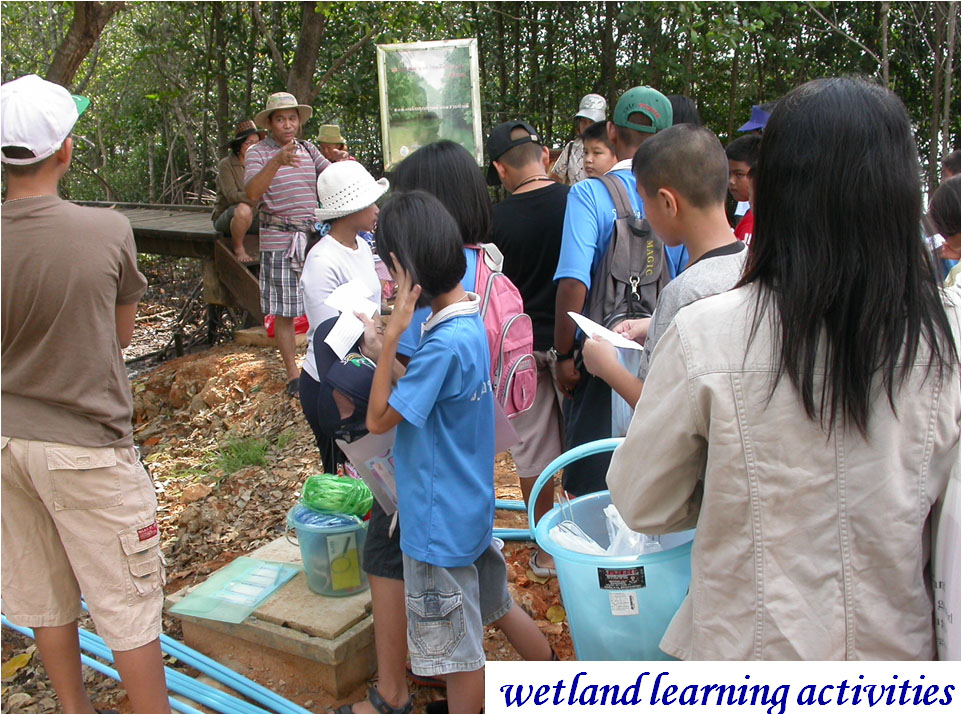
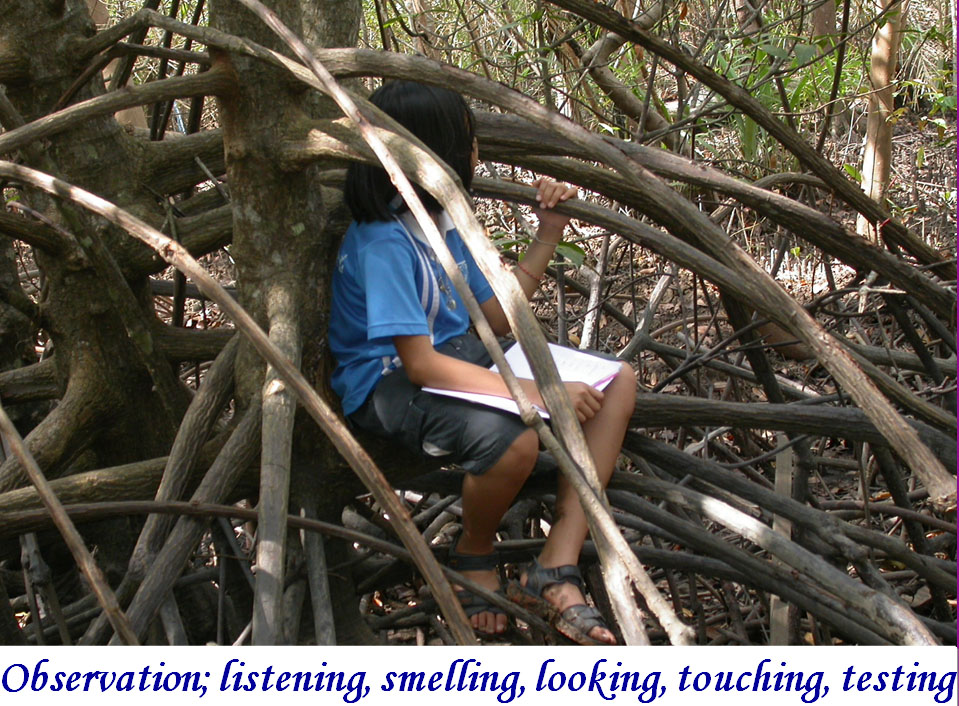
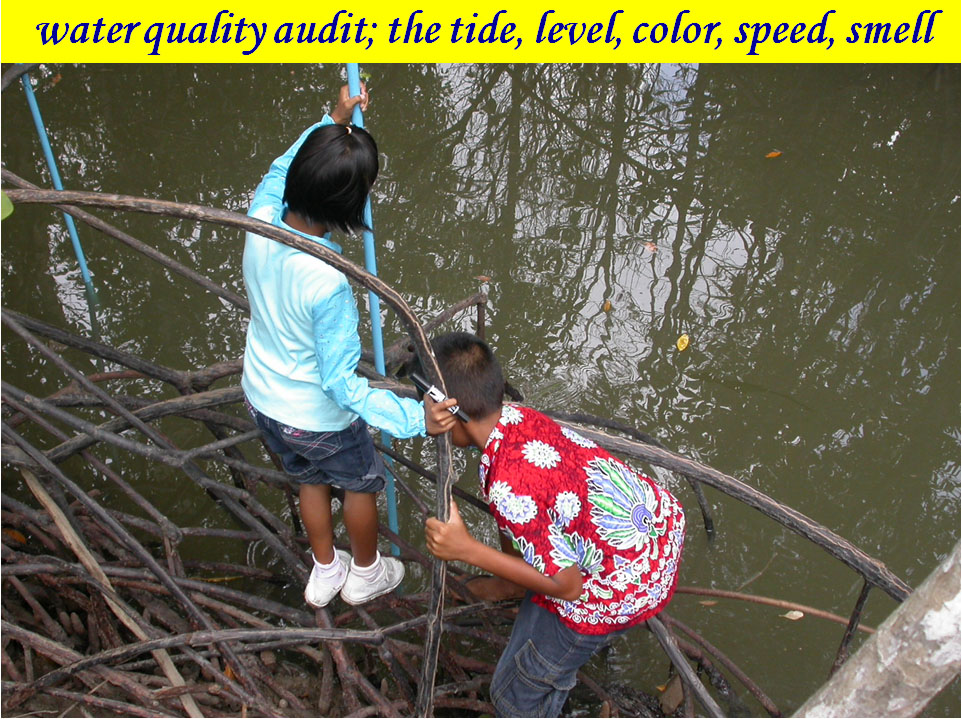
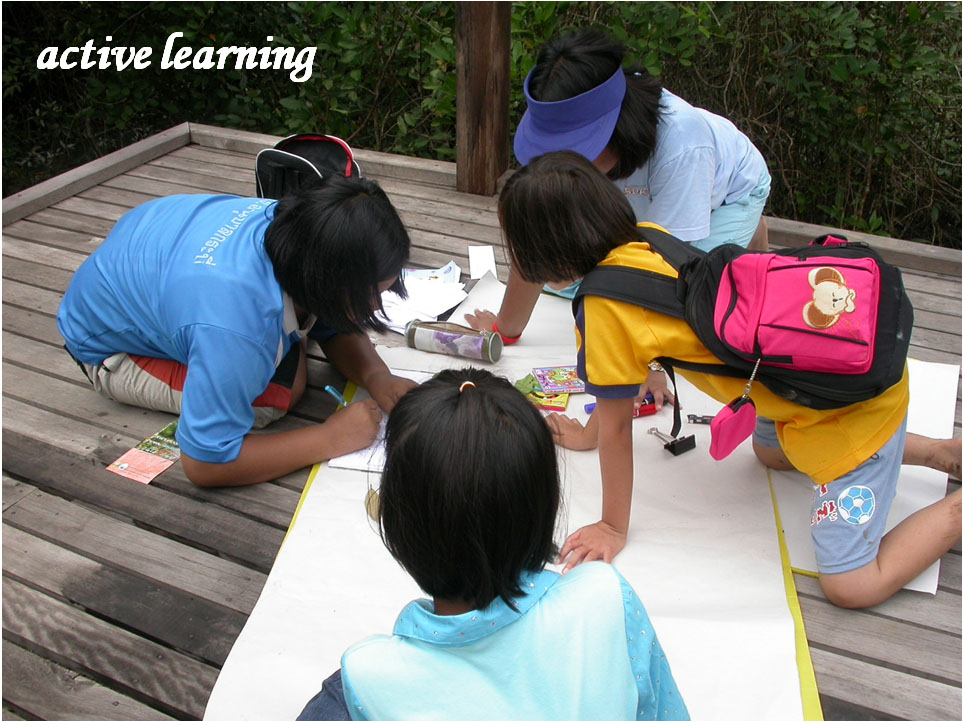
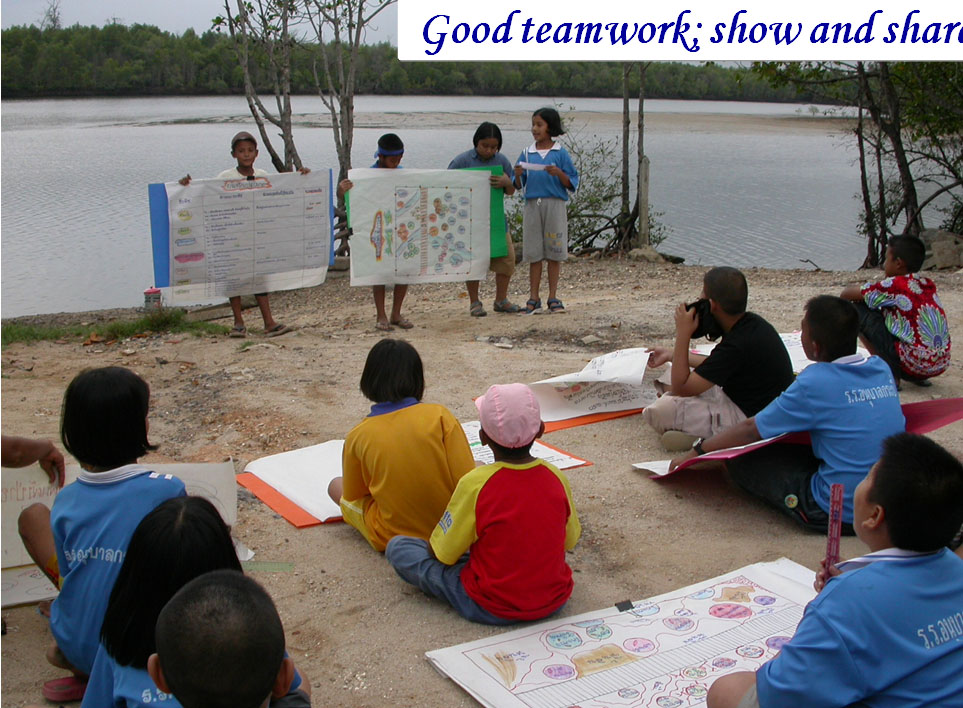
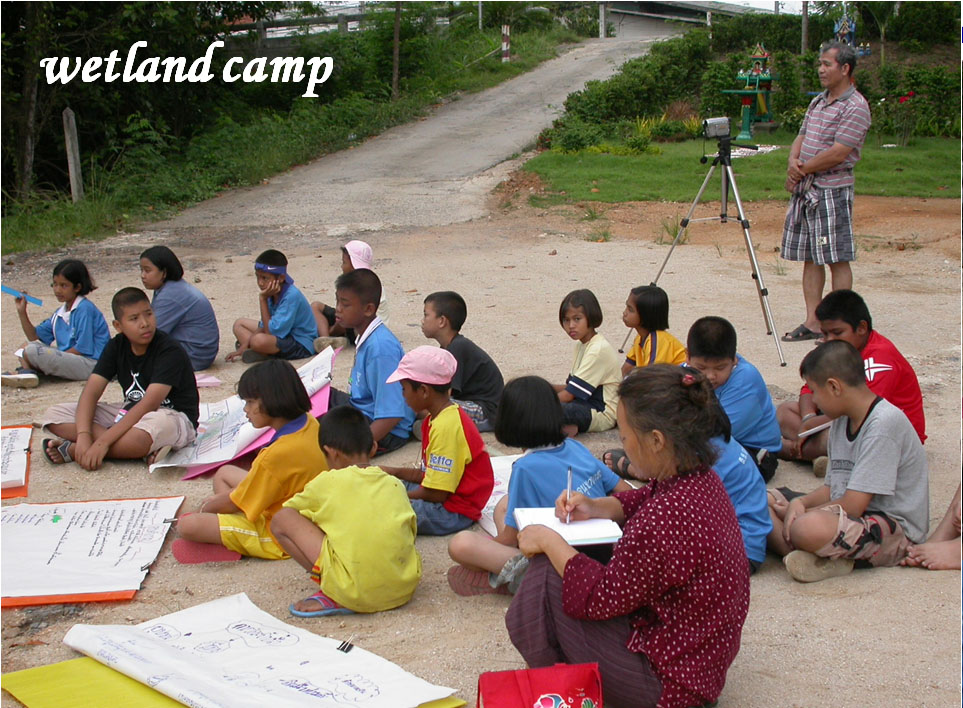
4. Exhibitions;
Child Friendly School and Human Values in Water Ed.
26-28 November 2007
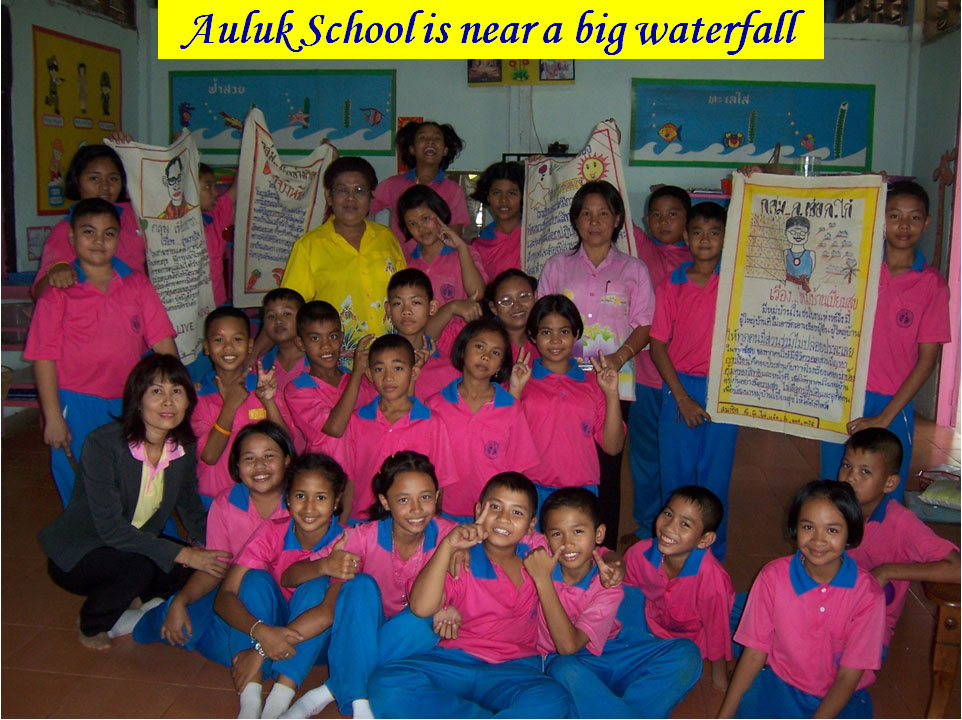
Outputs
values and the world
package of water, sanitation and
hygiene education
Outcomes
Suggestions